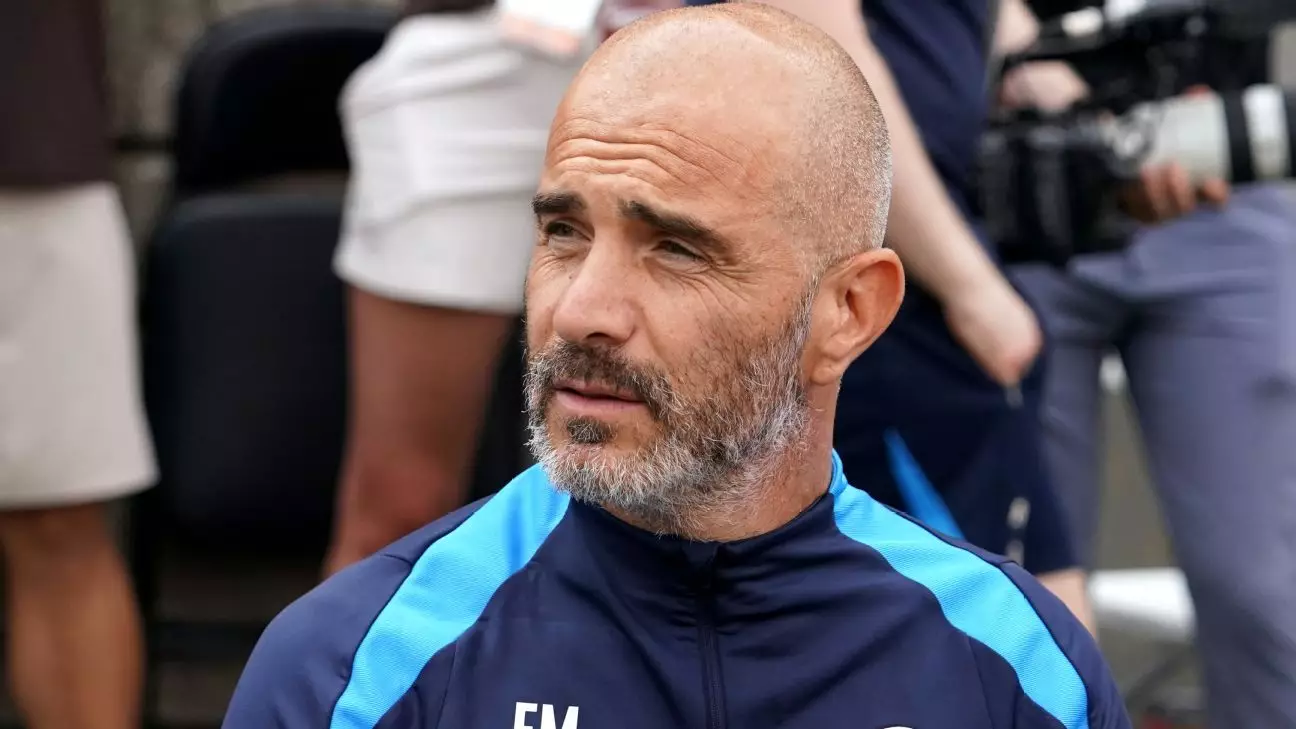In the fast-paced world of professional football, the escalating workload of players has become a pressing issue that demands urgent attention. Chelsea manager Enzo Maresca recently illuminated the situation, emphasizing the lack of protection players have against the relentless football calendar. With an increasingly congested schedule, which sees players competing in numerous domestic and international fixtures, the toll on their physical and mental well-being is undeniable. The discussion has intensified, particularly following Manchester City midfielder Rodri’s alarming statement suggesting that players might consider going on strike due to their exhausting workloads. This sentiment has been echoed by his peers, including Real Madrid’s Thibaut Courtois and Barcelona’s Jules Koundé, illustrating a growing discontent among top athletes regarding their treatment.
The burgeoning wave of discontent among players marks a significant shift in attitudes within the sport. The comments made by Rodri and supported by several high-profile athletes signal that players are no longer willing to remain silent regarding their grievances. Maresca sees this vocalization as an encouraging development—a “good starting point” for meaningful change within the sport. The players must be at the forefront of discussions about their welfare, and it is imperative that their concerns are not only heard but genuinely considered in the structuring of future schedules. When prominent figures in football openly call for a reduction in the number of games, it paves the way for a broader conversation about player safety and health.
In light of the ongoing discussions, clubs must adopt strategies that prioritize managing player minutes more effectively. Chelsea has exemplified this approach by strategically omitting certain players like Cole Palmer, Wesley Fofana, and Romeo Lavia from their UEFA Conference League squad. This decision reflects a growing awareness among managers about the importance of player rotation to mitigate fatigue during a long season. As teams navigate the precarious balance between competitiveness and player safety, it is essential that they weigh the immediate benefits of fielding a full squad against the potential long-term repercussions of overworking their athletes.
The football calendar is notoriously packed, and with the added pressures of international tournaments and domestic battles, it becomes critical to reevaluate how the schedule can be adjusted for better player welfare. As Maresca notes, “we do not protect players,” highlighting that this is a failure not only of clubs but also of governing bodies that design these schedules. Potential solutions may include revising tournament structures or redistributing match loads, but ultimately, any changes must be driven by player input.
As major stakeholders in the football industry begin to acknowledge the need for systemic change, we stand at a pivotal moment. The well-being of players should take precedence over commercial interests. The health of football as a sport depends fundamentally on its players, who are its beating heart. Prioritizing their welfare is not merely a matter of ethics; it is essential for the continued growth and sustainability of the beautiful game.

